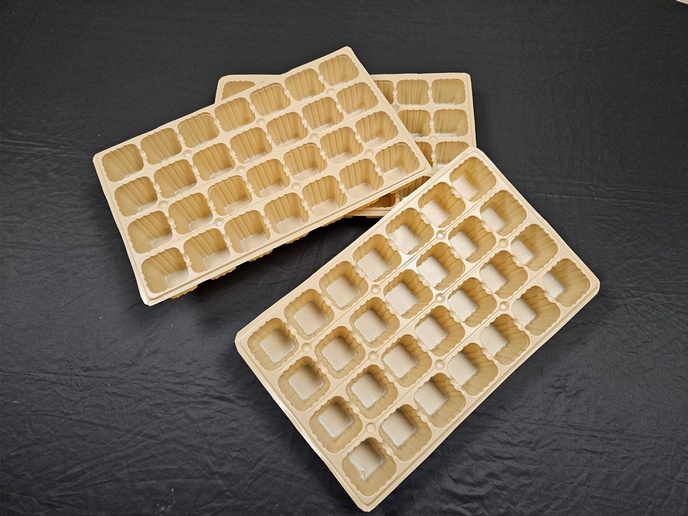Solving the plastics problem through biodegradation?
Plastic is a material that has revolutionised modern life, however, its irresponsible usage can have damaging environmental impacts, often as a result of poor waste management and littering. While plastic is designed for durability, its long term degradation is not yet fully understood. The BIOCLEAN(opens in new window) (New Biotechnological approaches for biodegrading and promoting the environmental biotransformation of synthetic polymeric materials) project was established to address this challenge. The consortium isolated microbes from a variety of actual-site aged plastic wastes. These were retrieved from the Aegean Sea and Norwegian Sea and a variety of European landfills, composting facilities, anaerobic waste treatment plants and an industrial production plant Furthermore microbes from culture collections were investigated. Researchers also explored the feasibility of biotechnologies for breakdown, detoxification and valorisation of plastic waste. Furthermore, the project sought to enhance natural biodegradation of plastics in organic waste composting and bio-gasification facilities. It also aimed to mitigate the effects of plastic pollution on marine environments. Laboratory results were scaled up for a range of different plastics and tested in the municipal composting facility of Chania (Crete, Greece) and in the Aegean sea. Researchers investigated the use of microorganisms and enzymes to degrade different plastics and assessed a collection of 65 bacteria, including those from marine origin and fungi that were shown to be able to partially degrade plastic films. The microbes can be patented by the project partners and described in scientific publications and used to develop tailored processes that will help protect the environment or valorise waste plastics. New pilot-scale biological and hybrid chemical/physical-biological processes were developed by BIOCLEAN. These were able to partially degrade polyvinyl chloride (PVC) films and to a lesser extent polyethylene (PE) and polypropylene (PP) plastic films. The consortium also developed lab and pilot-scale bioaugmentation protocols for intensifying the biodegradation of (micro) plastics in soil, composting and anaerobic waste treatment facilities and in the marine environment. BIOCLEAN contributed to clarify that assisting the gradual transition of the plastic sector towards a market consisting of fully recyclable (bio) plastics and plastics fully biodegradable/compostable in terrestrial and marine environments is the only strategy to significantly reduce the current environmental impact of the EU oil-based plastic sector.







